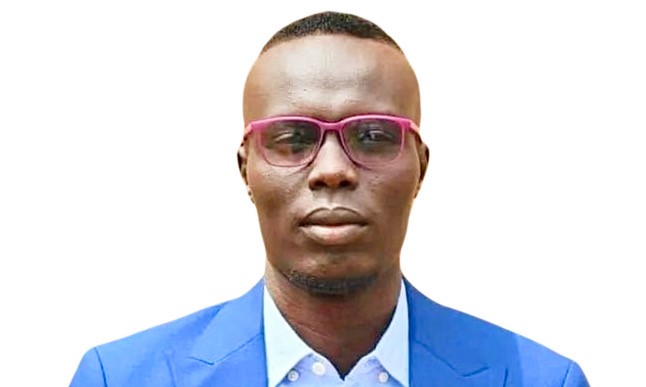What if the young girl in that gang rape video from Sherikat, Juba, was your daughter? Your sister? Your aunt? Your niece? Close your eyes and imagine her—small, fragile, full of dreams—violated, broken, left bleeding in silence because no one stood up in time. South Sudan is bleeding. Our daughters, sisters, and mothers are being brutalized while the nation watches, silent and paralyzed.
We gained independence with pride, but for most of us, that pride has turned into a nightmare soaked in pain, hopelessness, and betrayal. By 2024, 92% of our people lived below the extreme poverty line, according to the World Bank. And now, our children are being raped on camera while we scroll, react, and move on.
The Sherikat gang rape wasn’t the first, and it won’t be the last. The only reason we even talked about it is because the perpetrators were foolish enough to record it. But let’s be honest—this is just one case we saw. Gangs are everywhere: Lologo, Gudele, Malakal, Bor, Wau—name the town, and pain waits in the shadows. Women are not only raped; they are tortured, looted, violated, and often killed.
In 2019, in Sherikat, my friend’s younger brother was hacked with a panga—his leg, hand, and thigh shattered. We flew my father, a physiotherapist from Renk, because the family couldn’t afford a hospital. Thank God my father helped him walk again. That boy is one face among hundreds, maybe thousands, silently suffering, their wounds hidden beneath the weight of fear and shame.
And we all remember Emmanuel Babu—the man who murdered three children in Rock City in 2020. Before that horror, he had a string of rape allegations. Nothing was done. The police waited until blood was spilled before acting. Then he was hanged. Too little, too late.
According to the South Sudan Global Protection Cluster, between January and June 2024, rape and sexual assault accounted for 30% of reported protection incidents. Physical violence was at 36%. So don’t act shocked. This is happening every day. Every hour.
Still think it’s okay? That she knew the boys? That she “deserved” it? If you’re defending rapists because the girl was “part of a gang,” then you are no better than them. You are a disgrace.
So who is to blame? Our broken judiciary. Our toothless police. And yes, our leadership, which has failed to strengthen the rule of law. Police officers aren’t paid on time. They lack operational support. How do we expect them to function?
The judiciary, under the recently removed Chief Justice Chan Reec, has collapsed. Cases from 2020 remain untouched on dusty court shelves while rapists roam free. If not for a few UN-supported GBV courts, there would be no justice at all.
Let’s be honest: it will take another 100 years to build a functioning justice system under this corrupt SPLM regime—a regime that sells our oil in advance while women bleed in silence.
Now, to my people in Sherikat, let me speak directly to you. If you’re waiting for the “national government” to fix this, forget it. These same gangs you fear at night? They’re the reason you rush to eat at community events. You know the panic of being followed, of not making it home before dark.
Former Inspector General of Police Gen. Atem Marol tried his flawed “solution”: rounding up some gangs, sending them to Rajaf, training them halfway, arming them, and then releasing them back into the communities. You gave guns to criminals and called it reform.
But there is something you can do. Something we can do. Your youth associations—Bor, Duk, Twic East—need to wake up. Why aren’t the candidates running for leadership even talking about this crisis?
Here’s a bold idea: Pool $50,000. Sign an MoU with the Ministry of Interior. Work with police to deploy 200 trained officers with incentives, human resource support, and consistent salaries. Fund patrol fleets. Set up a proper liaison between police, prisons, and courts so rape cases don’t vanish. Hold parents of underage gang members accountable. Build community watch programs. Be innovative! Be bold!
We owe this to our sisters. Our mothers. Our daughters. Our children. If we don’t try, we have already failed. The wise will take these words seriously. The foolish will ignore them until tragedy comes knocking at their door.
The writer, Garang Abraham Malak, is a South Sudanese multimedia journalist and social and behavioral change specialist.
The views expressed in ‘opinion’ articles published by Radio Tamazuj are solely those of the writer. The veracity of any claims made is the responsibility of the author, not Radio Tamazuj.




